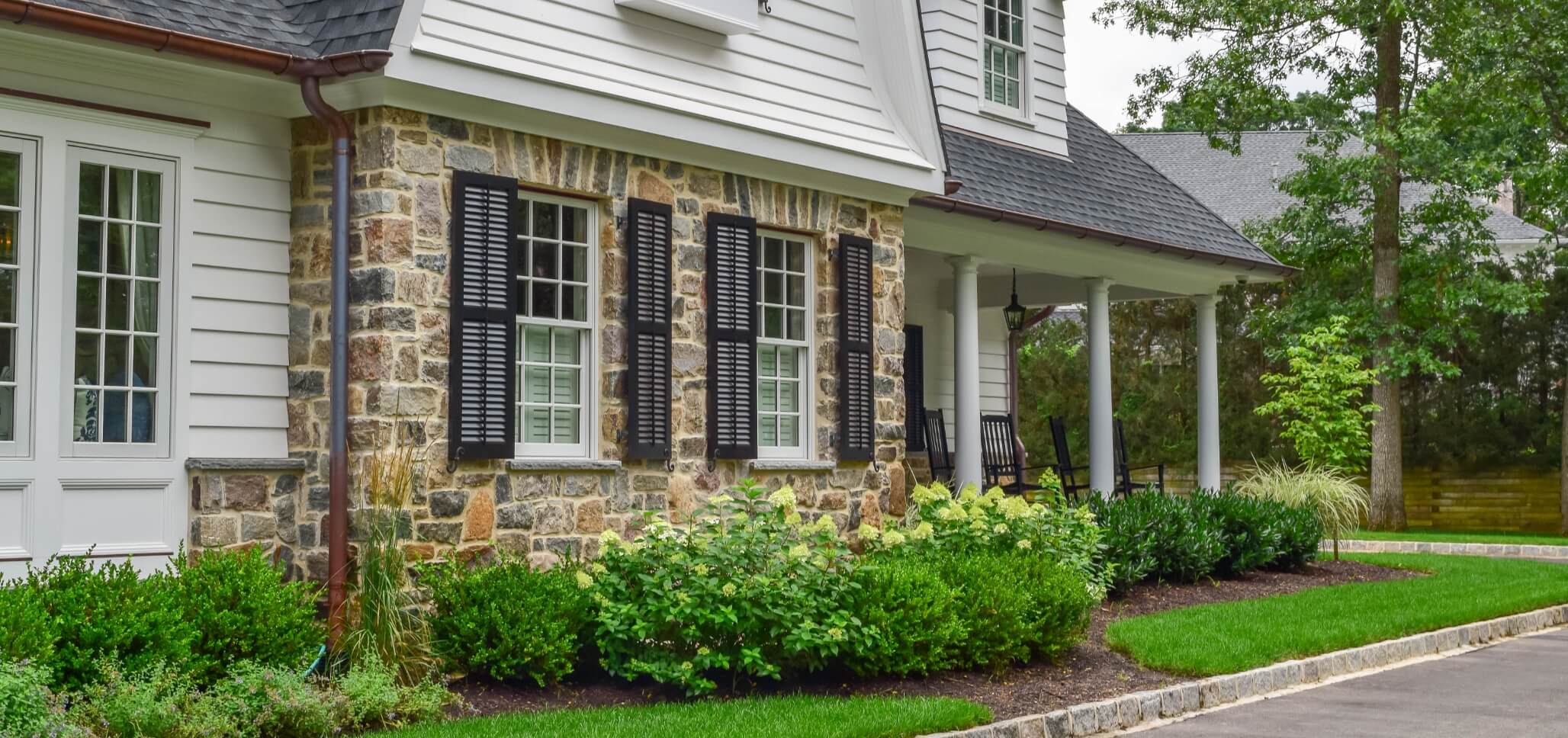 If you’ve been scouring the many home improvement websites for information on how to best go about addressing drainage issues, you’ve probably noticed numerous mentions of perforated PVC (Polyvinyl chloride) pipe.
If you’ve been scouring the many home improvement websites for information on how to best go about addressing drainage issues, you’ve probably noticed numerous mentions of perforated PVC (Polyvinyl chloride) pipe.
While this durable type of piping can come in very handy in controlling stormwater, it’s important that you know how to utilize it, when it is appropriate for use and how to get the best deals possible.
This simple guide will tell you everything that you need to know about perforated PVC pipe.
Perforated PVC Pipe Uses
Most people are familiar with PVC pipe in plumbing applications, but why would you want the pipe to have holes in it? Perforated pipe is a necessary component of most landscape drainage solutions and is often utilized in gravel (or “French”) drain systems. You may find that perforated PVC pipes are very useful in applications for:
- Managing downspout runoff.
- Preventing flooding in low spots.
- Establishing foundation drains.
- Adequately replenishing groundwater.
Benefits of Perforated PVC Pipe
The advantages of installing a drainage system with perforated piping are many. First are the benefits of the actual drainage solution, which works to effectively reduce stormwater runoff, protect your house and lawn, minimize flooding and allow water to slowly filter back into the earth in order to replenish the groundwater supply. Although in certain applications, a corrugated (or flexible) piping may be utilized, homeowners and contractors generally prefer to make use of PCV pipe. This is due to factors such as:
- Durability – PVC is known to be far more tough and durable than many other piping alternatives. This will help your drainage system to last longer and perform better.
- Rigidity – Because it is not flexible, PVC pipe will remain in place at all times. This can help to prevent the slowing of water flow as a result of kinks or curves in the pipe.
- Perforation – Small perforations that are strategically located on the bottom of the pipe helps to minimize any debris from entering the pipe, restricting flow or creating clogs.
Installation Tips
In order for a perforated PVC pipe to work effectively within a drainage system, it must be laid in the trench in such a way that the holes are facing down. This is because stormwater will slowly percolate into the drainage trench through the gravel laid above the pipe – in other words, the more gravel, the better. When groundwater levels begin to rise, the water floods up and into the piping system, where it begins to flow away from the area. For best results, be sure to talk to a trusted professional about the appropriate size/schedule of the PVC pipe that you should choose for your project, as well as the right type and size of gravel to use around it.
Where to Buy Perforated PVC Pipes in NJ
Although perforated PVC pipes are generally available for purchase from big box retailers like Home Depot or Lowes, this is not your best option. You’ll find that retailers will charge you more money for the same materials that you can obtain from a supplier who is able to offer them to you at wholesale rates. When you’ve got a big drainage project going on, every penny counts.
You can’t put a price on the value of expert advice. Landscaping experts, like those at Braen Supply, are much better equipped to advise you on how much pipe you will need, other necessary materials, alternative solutions, etc. than a minimum-wage retail employee with no industry experience. You won’t find better deals or information on perforated pipes in NJ than at Braen Supply.

